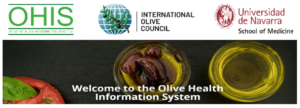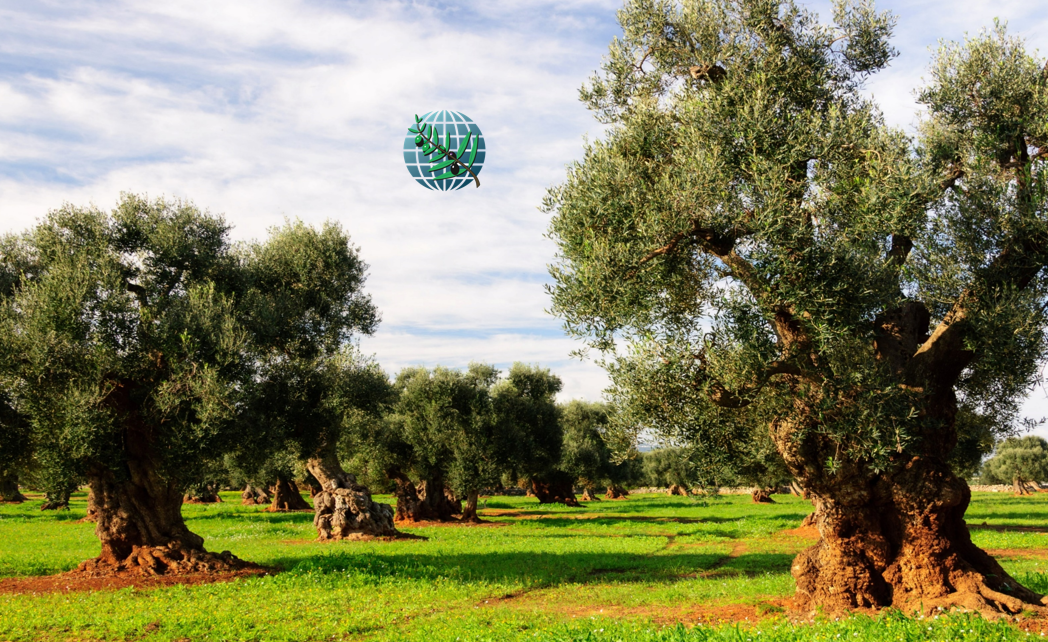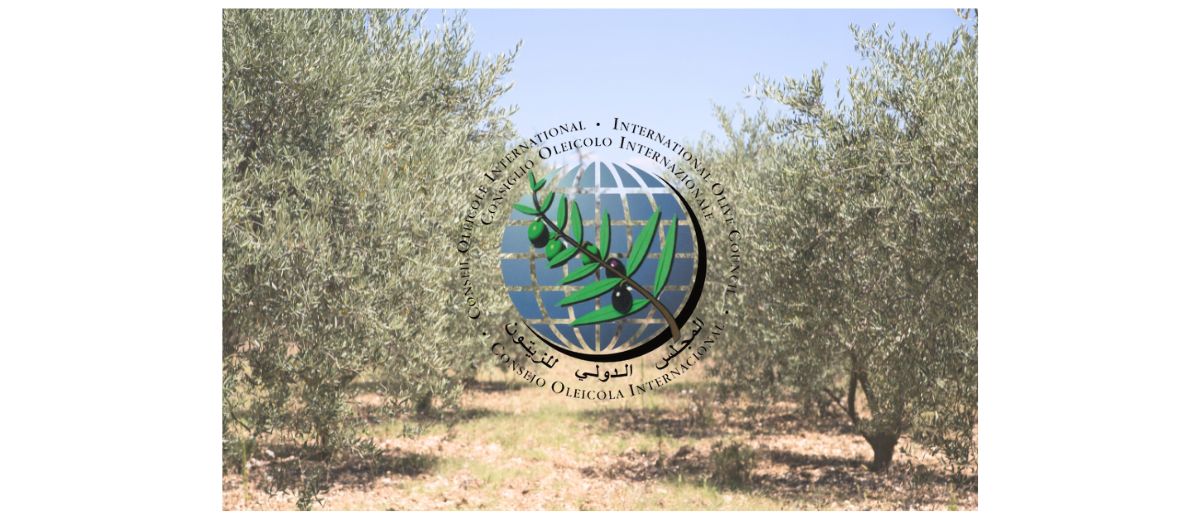 There is evidence that, taken as a whole, extra virgin olive oil is a functional food with a healthy profile and that its phenolic component, as well as the tocopherols and the monounsaturated fatty acid fraction (oleic acid), contribute in different ways and act on different molecular targets.
There is evidence that, taken as a whole, extra virgin olive oil is a functional food with a healthy profile and that its phenolic component, as well as the tocopherols and the monounsaturated fatty acid fraction (oleic acid), contribute in different ways and act on different molecular targets.
Although there is a clear vision of extra virgin olive oil as a functional food as a whole, the effect of each of its main constituents (polyphenols, vitamin E and oleic acid) is not so clear. Behind this lack of consensus can be the differences in the production and storage processes, which can influence the useful life of olive oil, both in terms of chemical composition, mainly related to health compounds, and in sensory quality. This is the reason why great efforts are being made in the agronomic field to optimize the production and storage conditions of a food which, as a whole, has demonstrated so many benefits on health.
Source: Lorenzo F, Sandra D, Vincenzo C, Angela Z, Isabella T, Francesca V, Lara T. The Nutraceutical Value of Olive Oil and Its Bioactive Constituents on the Cardiovascular System. Focusing on Main Strategies to Slow Down Its Quality Decay during Production and Storage. Nutrients. 2019 Aug 21;11(9).
Further information are available on this link https://meddietolivehealth.com/news-by-topic/










